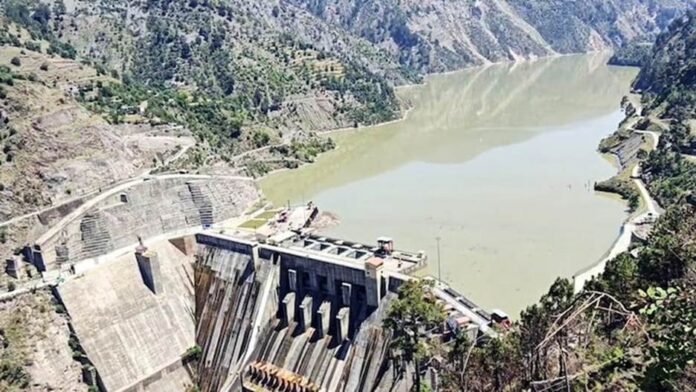New Delhi
India has alerted Pakistan about the possibility of flooding in the Tawi River, marking the first communication between the two neighbours since New Delhi suspended the Indus Waters Treaty (IWT) following the Pahalgam terror attack earlier this year.
According to reports, the Indian High Commission in Islamabad conveyed the alert on Sunday, enabling Pakistani authorities to issue timely flood warnings. Neither side has officially confirmed the development. Typically, such data is exchanged through the Indus Water Commissioners, but the mechanism has remained suspended since April 22, when 18 soldiers were killed in the Pahalgam attack.
The move carries significance against the backdrop of tense bilateral relations and the halting of routine hydrological data sharing. Since 1960, the IWT—mediated by the World Bank—has governed water sharing between the two countries. However, India put this arrangement “in abeyance” in May, cutting off Pakistan’s access to early flood alerts from rivers like the Indus, Jhelum, and Chenab.
The alert comes at a time when Pakistan is grappling with a severe monsoon crisis. Between June 26 and August 20, at least 788 people—including 200 children—have died, while more than 1,000 others have been injured, according to the National Disaster Management Authority (NDMA). Heavy rains are forecast across Pakistan until August 30.
On its side, India has ramped up flood preparedness in Jammu and Kashmir. Jal Shakti Minister Javed Ahmed Rana has directed round-the-clock monitoring of the Jhelum, Ravi, and Tawi rivers, while residents have been warned against venturing near swollen rivers and landslide-prone areas.



